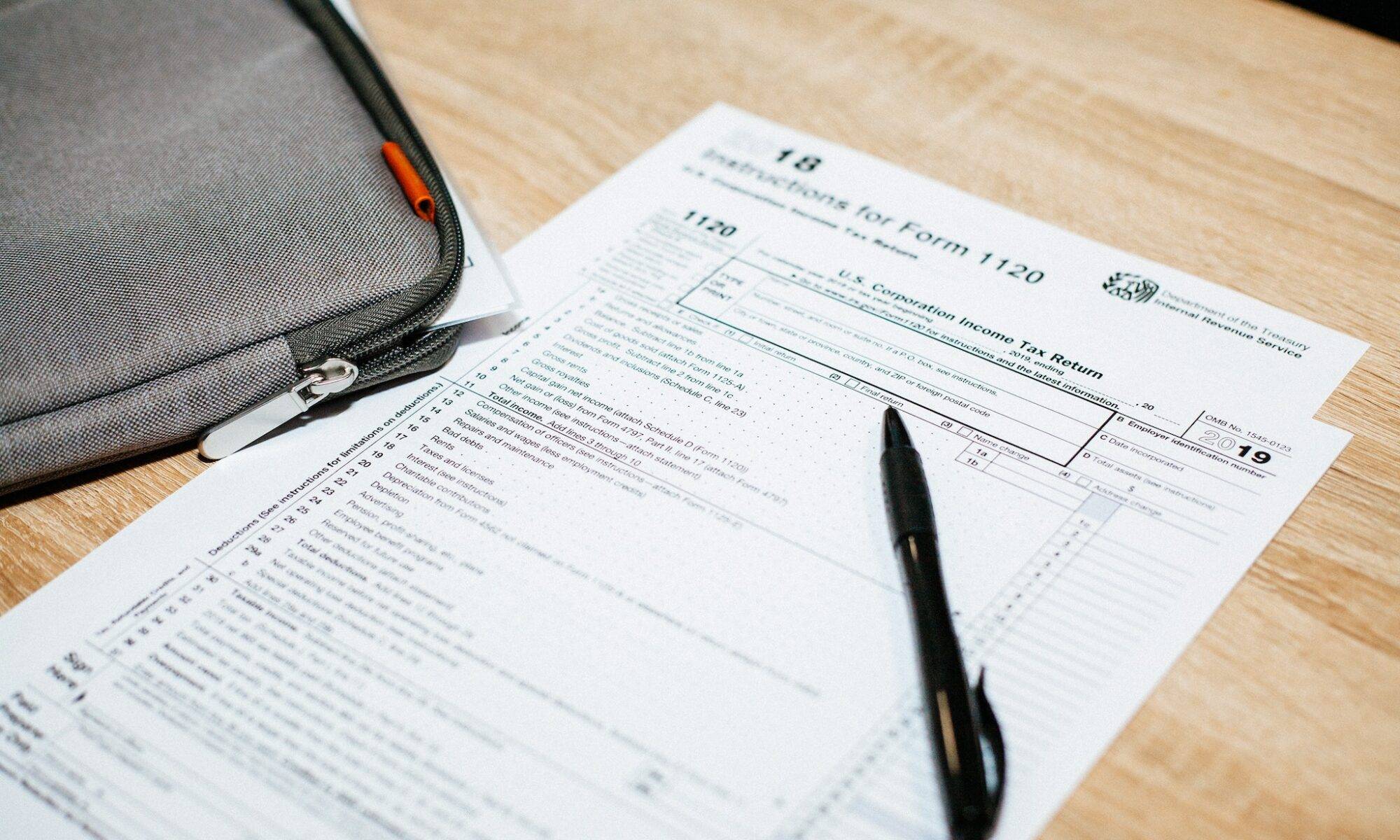Peering into the labyrinth of business ownership, one encounters an intricate web of decisions. Among the most potent of these lies the choice: to weave a partnership with another individual or entity, or not. Partnerships dance in enticing circles of possibility, promising great rewards, but they also hide a serpent’s nest of complex legal and financial conundrums. These can baffle even the most astute mind lacking a specialization in this peculiar domain. Lurking at the heart of this maze, often proving the most elusive of beasts, is the creature we call tax law. It is here, in these dark and twisted corners, where a tax lawyer’s guiding light proves invaluable.
Delve with us, dear reader, into the realm where tax law intertwines with partnership agreements. In this journey, we will illuminate the manifold virtues of engaging a tax lawyer. We will discover their intimate knowledge of tax law, their dexterous hand in crafting comprehensive agreements, their nuanced grasp of state and federal tax regulations, and their steadfast representation in the face of audits and legal disputes.
Why, indeed, should one summon the services of a tax lawyer when forging a partnership agreement? Well, ponder upon these reasons:
Expertise in Tax Law: Tax law, ever-shifting and multifaceted, is a tricky beast to tame. Who better to steer us through this thicket than a tax lawyer, possessing not only an understanding of this field’s complexity but also an uncanny knack for translating this knowledge into actionable insights?
Crafters of Comprehensive Agreements: A partnership agreement, binding and profound, outlines the rights and duties of each partner, painting a vivid image of the partnership’s life cycle. Enlisting a tax lawyer ensures that this portrait includes all the nuanced tax issues that may arise, such as income distribution, tax liability, and tax reporting requirements.
Navigators of State and Federal Tax Laws: State and federal tax laws are capricious creatures, changing their spots with bewildering speed. A tax lawyer stands as your bulwark against this onslaught, ensuring your partnership agreement complies with all relevant tax laws and regulations.
Shield against Legal Disputes and Penalties: Disregarding tax laws can lead to legal disputes, penalties, and in extreme cases, criminal charges. A tax lawyer’s watchful eye can help circumvent these troubles, crafting your partnership agreement to be as iron-clad and tax law-compliant as possible.
Champions in the Face of an Audit: Should the tax authorities descend upon your partnership, the tax lawyer emerges as your champion, providing counsel and advocacy in your interactions with these powerful agencies.
Beyond these apparent advantages, a tax lawyer can guide you through a host of tax-related partnership agreement concerns. From structuring the agreement to minimize tax liabilities and ensuring compliance with tax laws, to assisting in the arduous task of filing partnership tax returns and handling tax disputes, a tax lawyer proves to be a valuable ally.
Yet, how does one choose a suitable tax lawyer for their partnership agreement? It boils down to a handful of key factors:
Relevant Experience and Expertise: Look for a tax lawyer seasoned in the art of dealing with partnerships, possessing a keen understanding of the specific tax challenges your business may encounter.
Availability and Accessibility: Ensure the lawyer you engage is at hand when you need them, ever responsive to your queries and concerns.
Transparency in Cost and Billing Structure: Scrutinize the cost and billing structure of the potential lawyer, ensuring it is candid and aligns with your budget.
Excellence in Communication and Collaboration: Select a tax lawyer who expresses themselves with clarity and works collaboratively with you, your partners, and your other advisors such as your accountant.
In conclusion, drawing a tax lawyer into the realm of your partnership agreement is a decision ripe with benefits. It affords you expert counsel on tax law, assistance in drafting comprehensive agreements, and steadfast representation in the face of audits or legal disputes. Choose wisely, considering factors such as experience, availability, cost, and communication skills, and let your business flourish under the careful guidance of your professional legal advisor.
FAQs
Is a tax lawyer a necessity for my partnership agreement? While it isn’t a legal obligation to secure a tax lawyer for your partnership agreement, the expertise and assistance they bring to navigate the maelstrom of tax complexities are invaluable.
How does a tax lawyer aid in tax planning for my partnership? A tax lawyer, with their deep-seated understanding of tax law, can offer strategic advice on tax planning, helping you make informed decisions that maximize your tax savings.
What characteristics should I seek when hiring a tax lawyer for my partnership agreement? Weigh factors such as relevant experience, availability, cost structure, and their ability to communicate and collaborate effectively.
What’s the cost of hiring a tax lawyer for a partnership agreement? The cost to hire a tax lawyer can oscillate wildly, influenced by factors such as the lawyer’s experience and billing structure. It’s crucial to discuss fees and costs upfront before engaging a lawyer’s services.
Can a tax lawyer stand by me in the face of a tax audit? Indeed, a tax lawyer provides representation and support in dealing with tax audits and related disputes or controversies.

